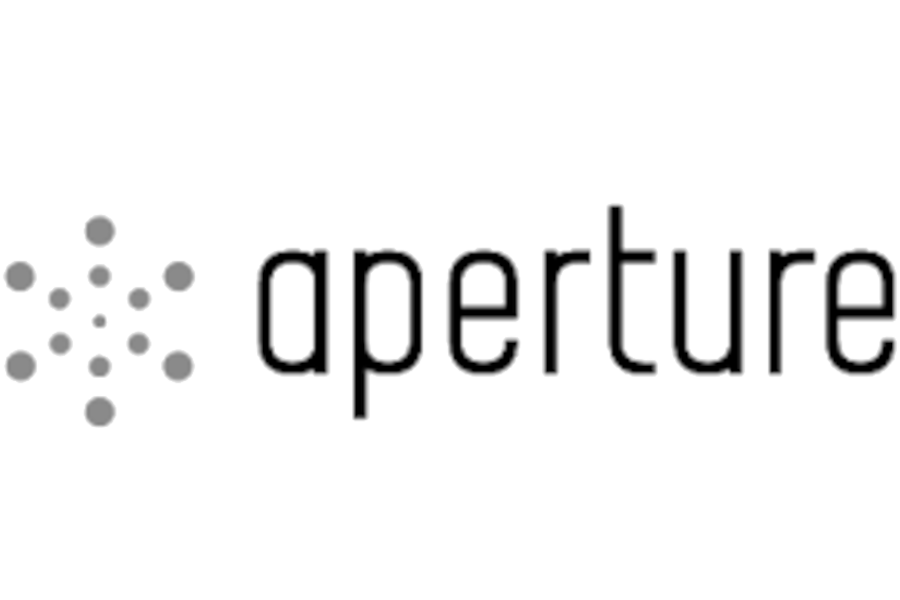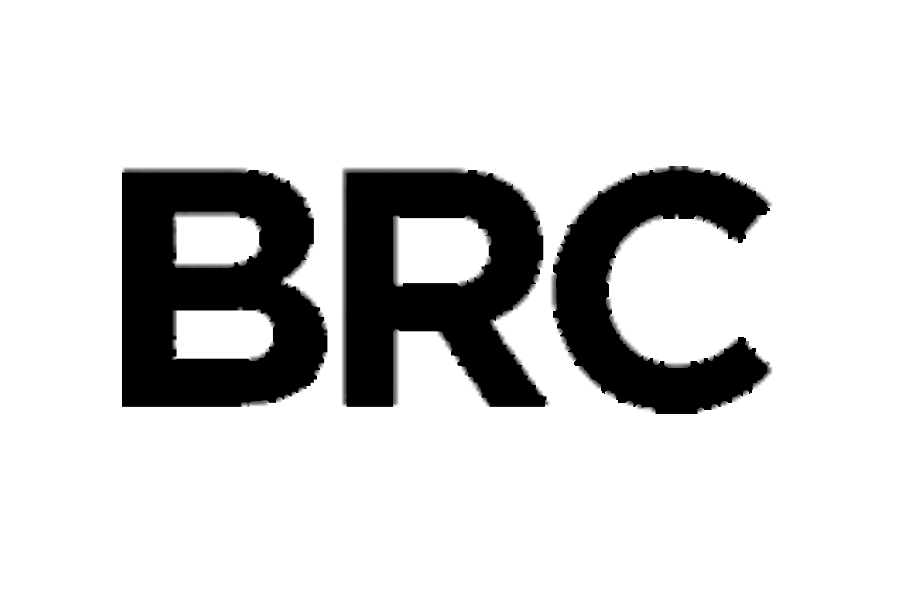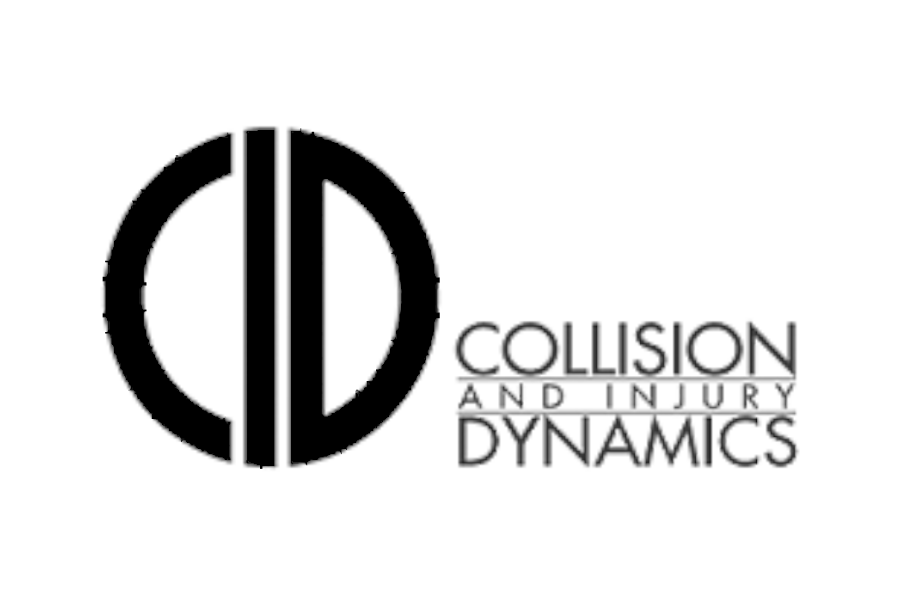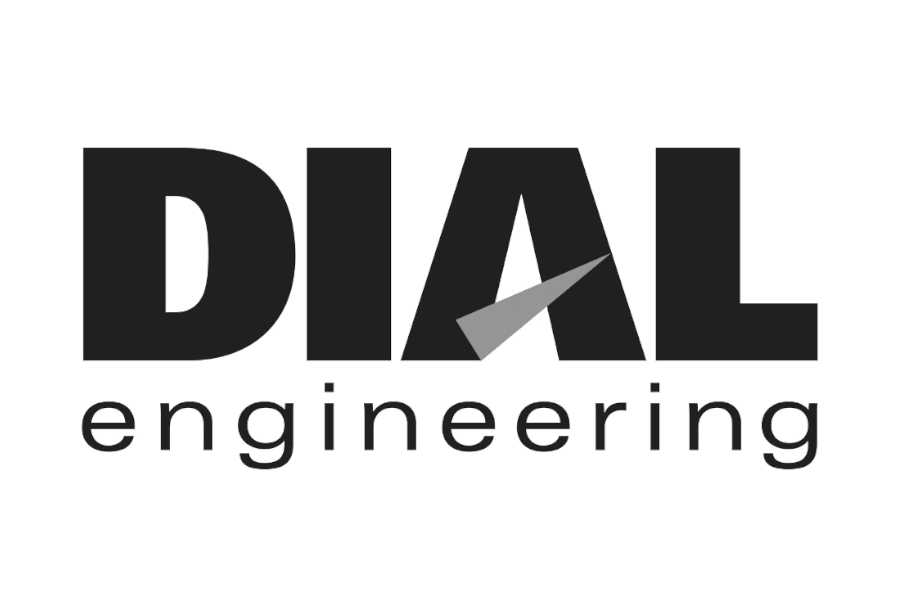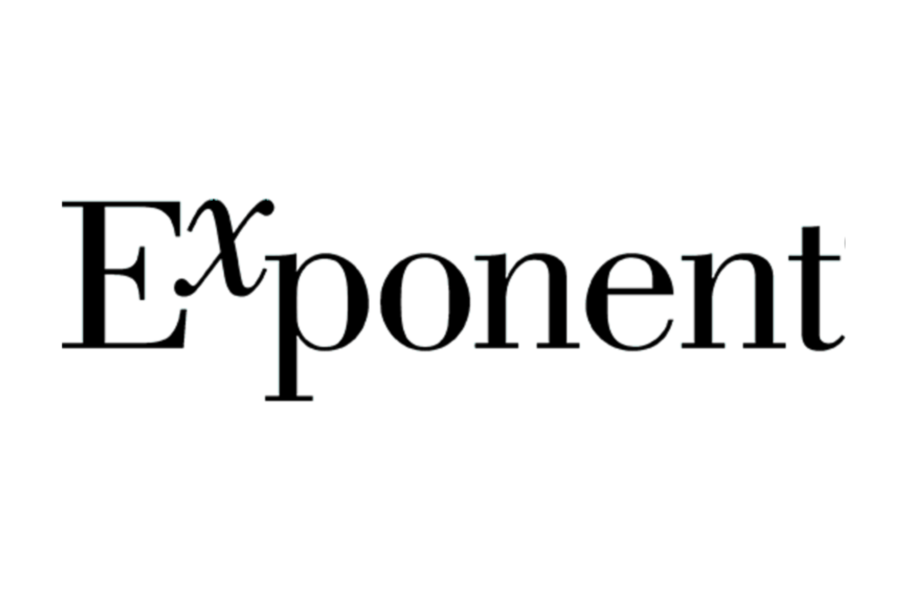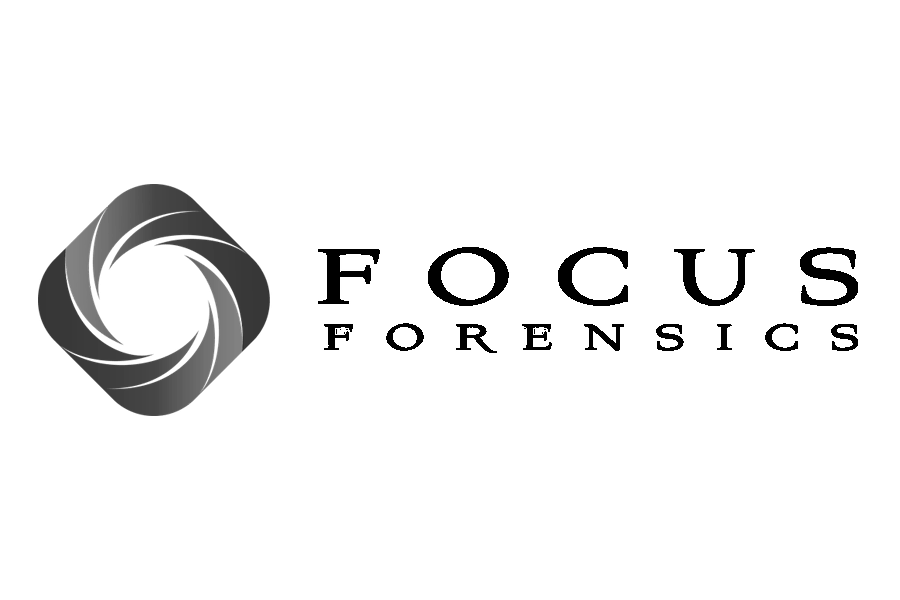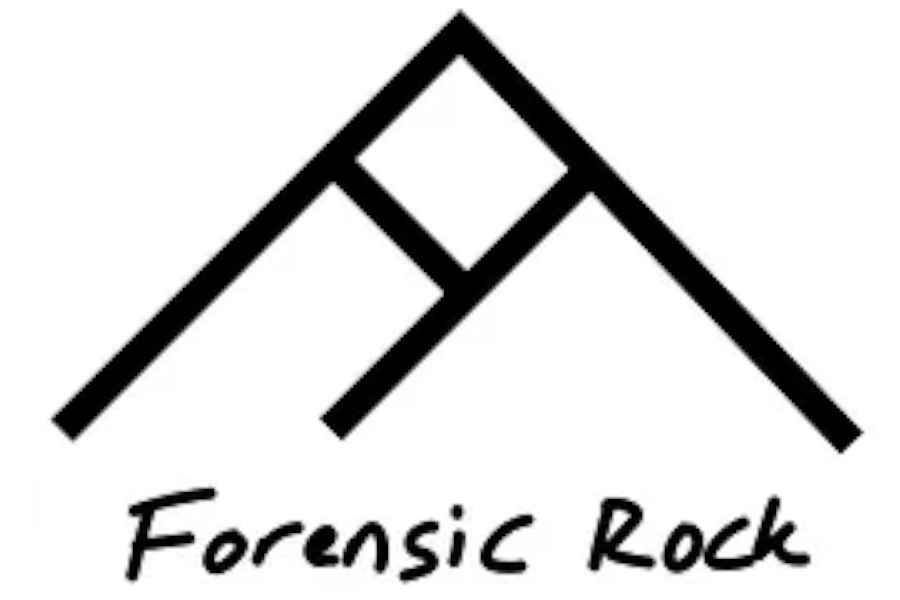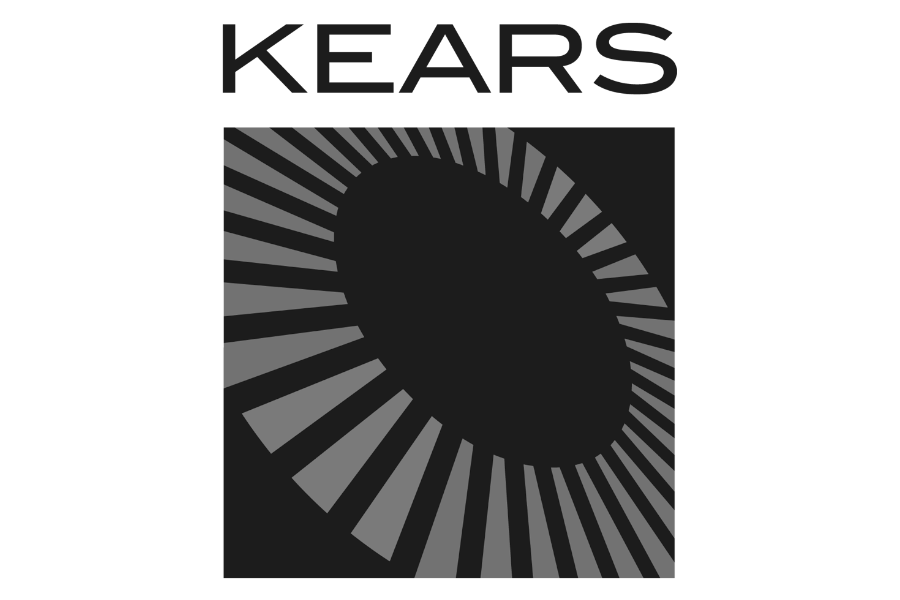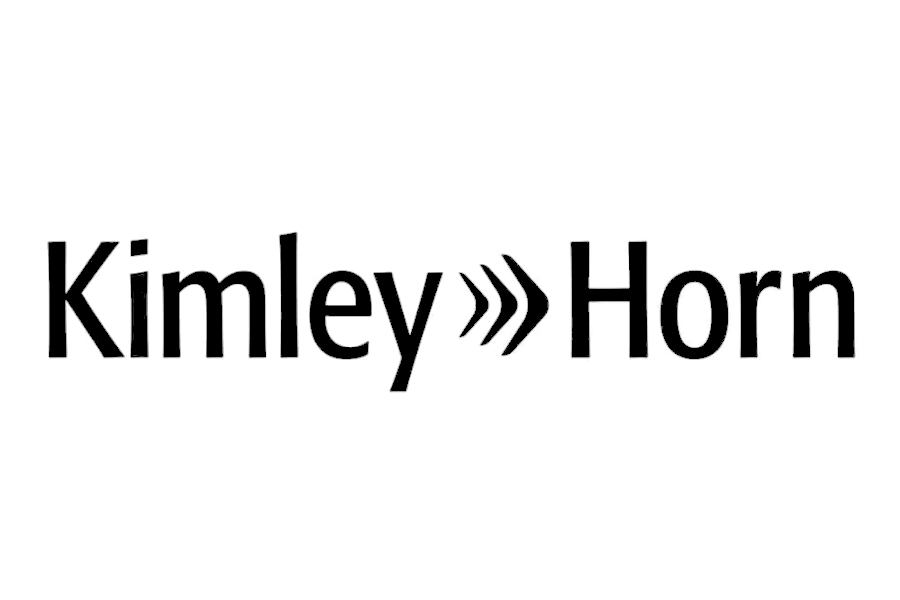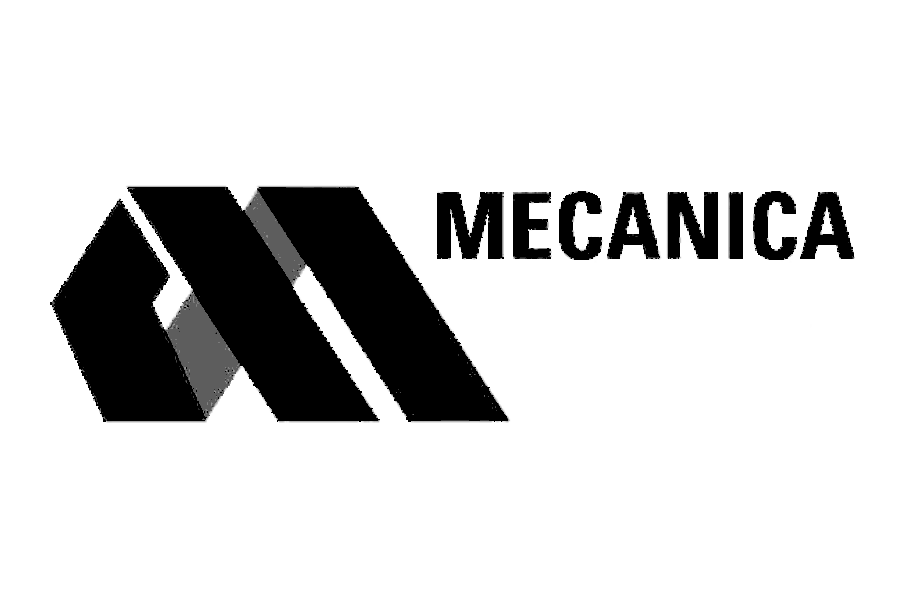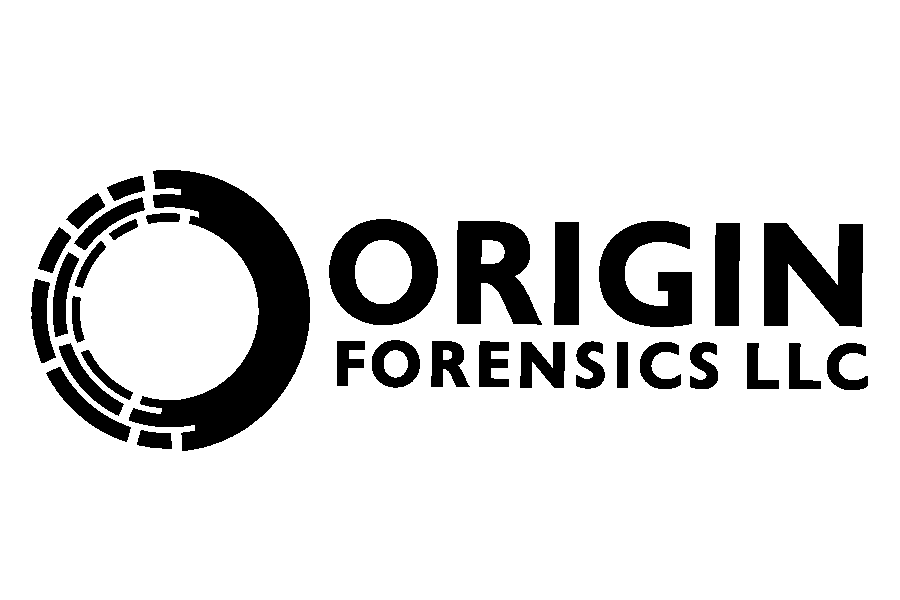Video Analysis for Collision Reconstruction
-
The course will run from December 8th - 12th and consists of four days for instruction and a fifth day with office hours for final questions, discussion of the material, and completion of any remaining projects.
Students can expect to spend 6 - 8 hours a day on the material, on their schedule, with the exception of the fifth day, which will be 1 - 2 hours.
Office hours are offered daily, for two hours, beginning at 10 am PT. Attendance is optional.
-
This course is offered online in a hybrid format with pre-recorded modules and live office hours each day (optional attendance).
-
The course has been approved for up to 34 CEUs. The CEUs are awarded on attendance of office hours and completion of the projects.
-
What software is needed for this course?
The foundational software for this course will be PhotoModeler Premium and students will received a fully functional trial license in advance.CloudCompare and PFTrack will also be used during the course. CloudCompare is freeware and PFTrack offers a free version.
How does the hybrid format work?The course material is pre-recorded and can be completed at any time during the scheduled dates. In addition to the pre-recorded material, this course also offers live office hours with Lou each day. These office hours provide an opportunity to ask questions, discuss course materials, and get to know the other students.
Do I have to attend office hours?Attendance of live office hours is not mandatory; however, they are highly reviewed and recommended by prior students of our online courses. We understand that some schedules may not allow attendance each day, so any vital topics discussed or resources shared will be emailed to the full group, regardless of attendance.
As a note, in order to receive all ACTAR CEUs office hours must be attended.
Is there an on-demand version of this course?
There is! We offer a version of the course without office hours that can be taken on-demand here.What if I can’t make the scheduled course?
We get it, life happens! Refunds are offered up to 30 days prior to the start date of the course. If you are within 30 days of the course start date, we will provide a code to be used towards a future course. If you have specific questions regarding your situation, please contact Sam at smccool@lightpointdata.com.How long will I have access to the materials?
You will have access to the recorded modules through the duration of the course.Lightpoint Learning offers lifetime access to digital course materials such as the presentations themselves, handouts, etc. As our courses evolve with updated material and content, those materials will be shared with all prior attendees.
Who submits my CEUs to ACTAR?Following the successful completion of a course, CEUs will be submitted to ACTAR by Lightpoint and should show on your dashboard within a few weeks. If for any reason they don’t, please contact Sam at smccool@lightpointdata.com.
Training Results
This course provides a comprehensive introduction to forensic video analysis techniques applied to collision reconstruction. Participants will explore the fundamentals of digital video recording (DVR) systems, best practices for video acquisition and export, and specialized tools for video enhancement and analysis.
The curriculum covers metadata interpretation, frame reconstruction, camera mechanics, and advanced photogrammetry methods for estimating vehicle speeds and positions. Through theoretical discussions, hands-on exercises, and review of relevant literature, students will gain practical skills to conduct site inspections, process video data, and apply mathematical models to determine accident dynamics, including method sensitivity and accuracy assessments.
Attendees will learn how to confidently:
Export video from DVR systems while adhering to guidelines for obtaining native formats, avoiding screen recordings with personal devices.
Use forensic video tools (e.g., Amped, Axon, FFmpeg, VPrism) for analysis and enhancement.
Determine frame timing and detect dropped frames using metadata and graphical reconstruction techniques, including lightboard methods.
Perform site inspections to support video analysis, including processing and organizing collected data for clarity.
Understand camera functionality, including lens-induced distortions, sensor types, and basic operational principles.
Apply photogrammetry methods for vehicle speed estimation, such as passing points, line of sight, pixel tracking (for moving cameras), surface drawing, and reverse projection.
Calculate vehicle speeds mathematically from photogrammetrically derived positions, assess method sensitivity, and evaluate results to select the optimal approach for specific scenarios.
Utilize 3D modeling software such as CloudCompare, PFTrack, PhotoModeler, and CAD programs for position reconstruction and analysis.
By the end of this course, you'll not only understand the fundamental principles of video analysis, but also how to apply them effectively in real-world scenarios.
Meet Your Instructor
Lou Peck is a Professional Engineer and ACTAR-accredited collision reconstructionist with 20 years of experience. He is also the Principal Engineer at Lightpoint Data, where he has developed novel photogrammetric methods and related products. He has authored many papers in the field of collision reconstruction, including two SAE papers on utilizing photogrammetry for vehicle modeling and video analysis. Lou holds bachelor’s and master’s degrees in mechanical engineering and has been a PhotoModeler Ambassador since the inception of the program in 2015.
High-Level Instruction, from the Comfort of Your Office
Over the last decade, Lou has developed and refined these materials while teaching to reconstructionists around the world. Prospective attendees can now access this course from the comfort of their office without the need to pay for expensive travel and lodging.
The course spans three full days and allows the student to complete each day's lectures and exercises at a time that is convenient to them. Each day the students have the opportunity to meet with Lou, and each other, to discuss the previous day's material, ask questions, and be provided with one-on-one support, offering the best of both online and in-person learning.
Reviews and Testimonials
4.8 out of 5.0 stars
“As an individual who is incredibly new to photogrammetry, I was able to follow along and complete this course successfully. That speaks to the instructor’s level of knowledge and ability to successfully relay that knowledge. Thanks for a great course!”
“Very helpful class for novice and experienced users. I learned some excellent new techniques to improve the quality of my PhotoModeler projects. Well prepared and delivered!”
“This online course was the best I have ever taken. Lou was thorough and efficient with his presentations. I have already enrolled in another Lightpoint course.”
“The workflow of the class was great. Establishing foundations and building upon those was impeccable.”
“This was an excellent course. Just the perfect amount of lecture then project. This course could not possibly be improved upon.”
“Learned a ton in a very small stretch that I will definitely be applying into my workflow as soon as I get back.”
If you are unable to make the December course but would like to be notified when future courses launch, please sign up for our newsletter below.
If you’re interested in taking the course outside of the group offerings, a version without office hours is
available year-round. You can learn more here.







